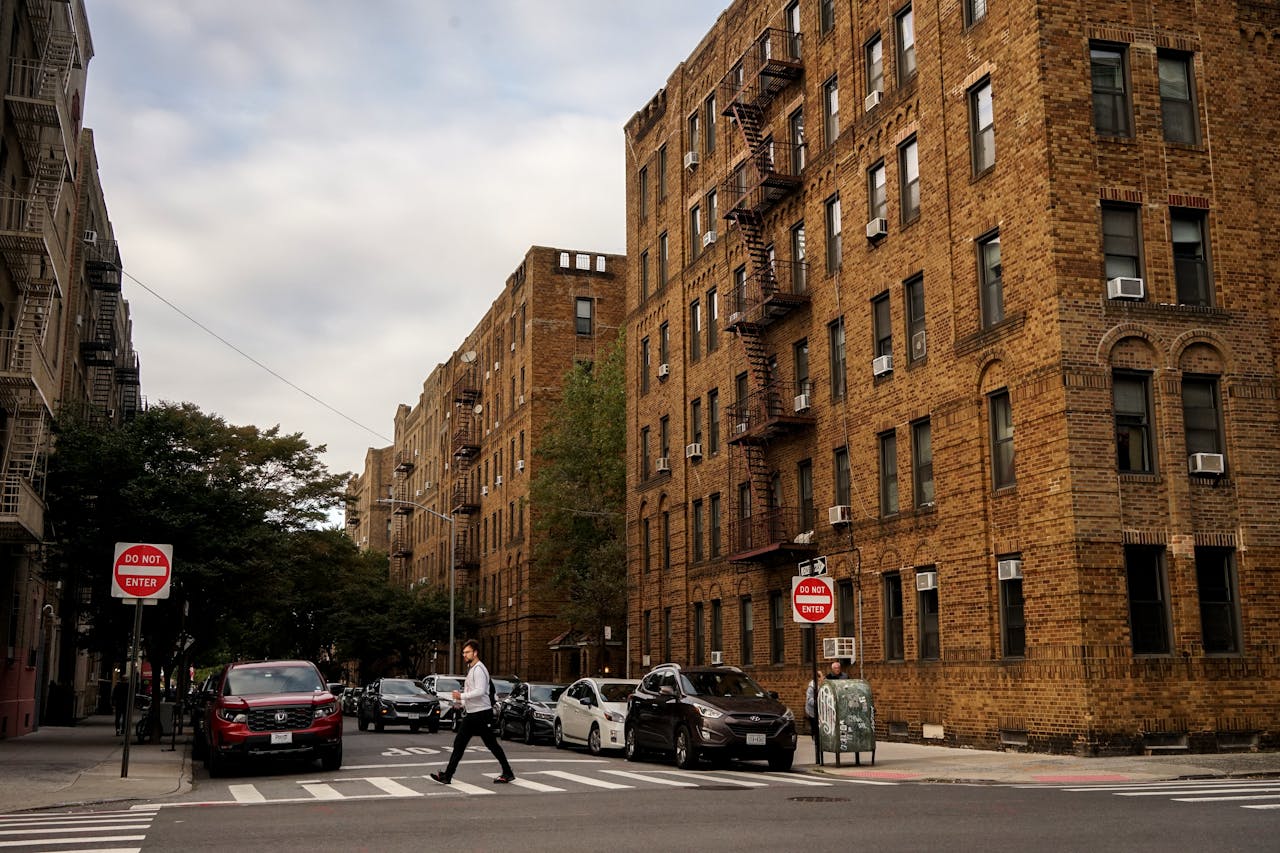The concept of smart cities is revolutionizing urban living, transforming traditional cities into interconnected, tech-driven hubs designed for sustainability, efficiency, and improved quality of life. With rapid urbanization and increasing population densities, smart cities offer innovative solutions to modern challenges by leveraging advanced technologies and data analytics to create more sustainable, livable environments.
Efficient Transportation Systems
One of the hallmarks of a smart city is its seamless transportation network. Intelligent traffic management systems use real-time data to reduce congestion, optimize routes, and enhance public transit efficiency. Autonomous vehicles, ride-sharing platforms, and integrated mobility solutions further contribute to a smoother, more eco-friendly commuting experience.
Sustainable Energy Management
Smart cities prioritize renewable energy and efficient resource management to minimize their environmental footprint. From smart grids that optimize energy consumption to solar panels and wind turbines integrated into urban infrastructure, these cities are leading the way in clean energy adoption. Energy-efficient street lighting, powered by sensors, further reduces electricity usage while maintaining safety.
Enhanced Public Services
Technology-driven public services are a defining feature of smart cities. Advanced waste management systems, water conservation technologies, and real-time air quality monitoring ensure healthier and cleaner urban environments. Additionally, smart utilities enable residents to track and reduce their consumption, promoting sustainability at the individual level.
Connected Living and Safety
Smart cities leverage the Internet of Things (IoT) to create connected homes and communities. IoT-enabled devices enhance convenience and security, allowing residents to control lighting, appliances, and security systems remotely. Surveillance systems powered by artificial intelligence enhance public safety by detecting potential threats and responding swiftly to emergencies.
Data-Driven Decision-Making
The backbone of any smart city is data. Sensors and devices collect and analyze vast amounts of information to guide city planners and policymakers in making informed decisions. Whether it’s optimizing traffic flow, managing resources, or planning new infrastructure, data ensures cities remain adaptive and future-ready.
Challenges and Opportunities
While the promise of smart cities is exciting, they also face challenges such as data privacy concerns, high implementation costs, and the need for skilled personnel. However, these challenges present opportunities for innovation, collaboration, and the creation of robust systems that balance technological advancement with ethical considerations.
Smart cities represent the future of urban living, where technology and sustainability converge to improve quality of life. By embracing these innovations, cities around the world are not only preparing for the future but also setting a benchmark for sustainable urban development.

